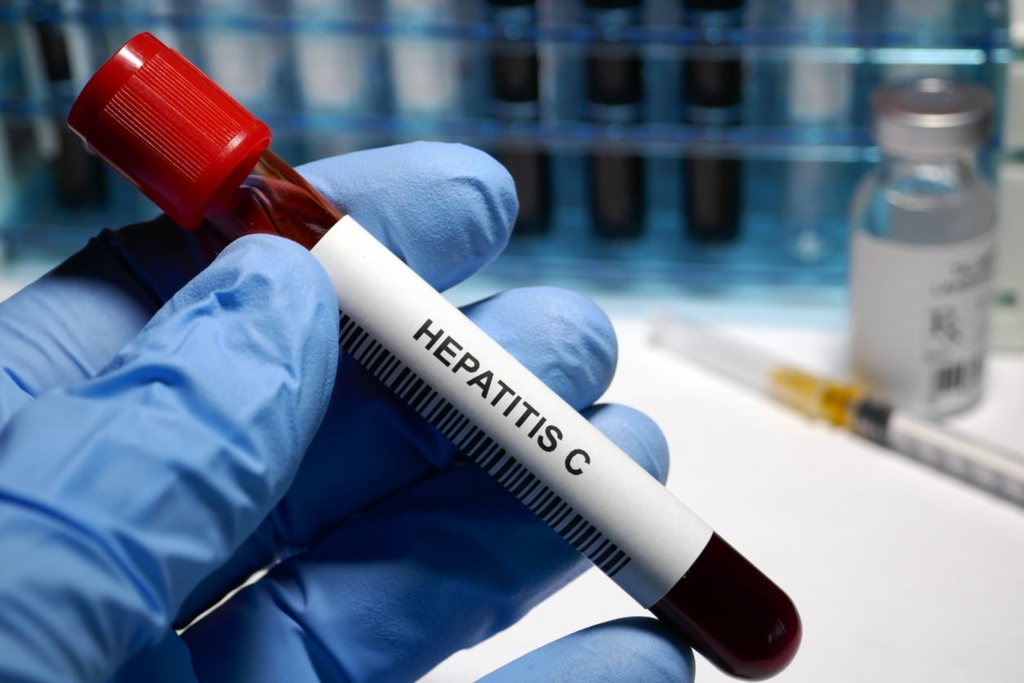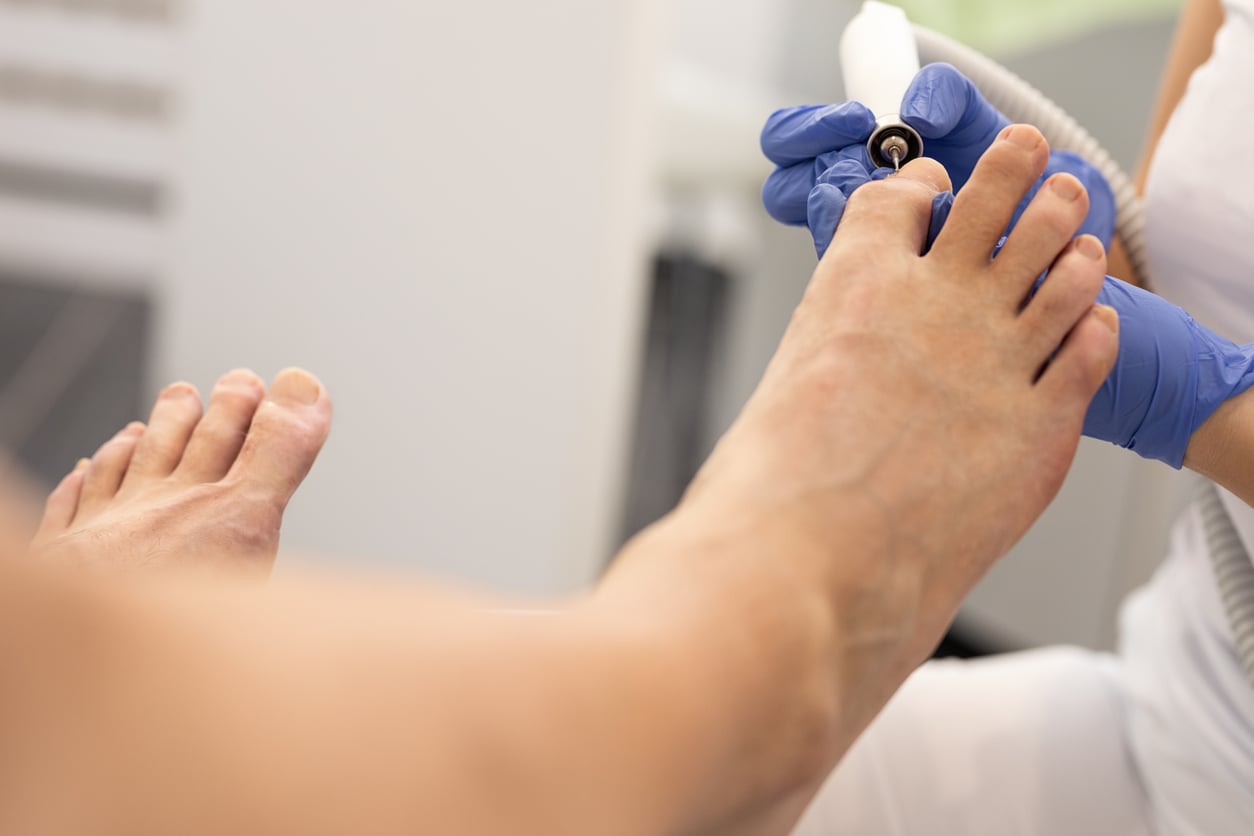Signs and Symptoms of Hepatitis C

Even though hepatitis C is a relatively new medical condition, you should still be aware of its risks. Hepatitis C was first discovered in 1989, according to the CDC, however, it can be hard to detect in the early stages when most people have no outward signs or symptoms.
Baby boomers are especially vulnerable to hepatitis C particularly because they often are not tested for the disease. Three million Americans who are now living with hepatitis C are baby boomers, who make up 75% of the population. In comparison to other age groups, baby boomers are five times more likely to have hepatitis C.
Related Topics (Ads):
There’s a good reason hepatitis C is called a “silent killer”, so it's crucial to be aware of the early signs and symptoms in order to get a prompt diagnosis and start treatment immediately.
Early Signs of Hepatitis C
Hepatitis C causes serious liver damage. It shows up in two different ways: acute and chronic. While chronic hepatitis C damages the liver over time, acute hepatitis C symptoms last six months or less. If your body can't get rid of the virus, acute outbreaks can turn into chronic hepatitis C.
Your chances of a full recovery are higher if you find the infection early. However, according to Healthline, 80 percent of acute instances go undiagnosed since there is no symptoms present. Impaired liver function is challenging to identify without testing.
Hepatitis C can be caused by infections, drugs, toxins, and autoimmune disorders, among other things. Sharing needles, sharing blood products, and sexual contact are all ways to get hepatitis C. The following are some Hepatitis C warning signs:
- Nausea
- Abdominal pain
- Fever
- Dark-colored urine
- Fatigue
- Joint pain
- Loss of appetite
- Jaundice
- Clay-colored feces
Related Topics (Ads):
Additionally, you should take caution and get tested if you've ever gone through any of the following, as they pose an increased risk of contracting hepatitis C:
- Received an organ transplant, a blood transfusion, or blood products prior to 1992
- Shared personal items, such as toothbrushes, and razors, that could hold blood
- Gotten a tattoo where there's a chance the needles weren't sterile
- Contracted the HIV/AIDS virus
- Used recreational drugs (even if only once)
- Used intranasal drugs
- Were a child of a mother who was infected
- Were imprisoned
How Is Hepatitis C Diagnosed?
It's typical to have the infection for 10 years or longer before being diagnosed because most people with acute hepatitis C go on to develop chronic hepatitis C, which means the virus has already been present in your body for 6 months or longer.
Simple blood tests can be used to diagnose the illness as part of a routine medical exam. Your doctor might do a biopsy after a blood test suggests that you may have hepatitis C in order to assess the extent of the damage to your liver.
The CDC states that it takes between four and ten weeks after virus exposure for the virus to be detected in blood tests. Your doctor will run more testing, including additional blood tests and advanced exams like ultrasounds, MRIs, and CT scans if your blood tests for the HCV antibody are positive.
How is Hepatitis C Treated?
Hepatitis C is treatable. The CDC estimates that 15 to 20 percent of patients with acute hepatitis C recover and entirely get rid of the virus. Some people could get chronic hepatitis C, which is also curable.
Some of the available treatments are:
Antivirals: Antiviral medications target the hepatitis C virus. All antiviral medications typically entirely eradicate the virus within 12 weeks, though each one works differently depending on how it suppresses protein production within the virus.
Home Remedies: Home remedies are also used frequently; however, they mostly help to treat symptoms and improve general health. The hepatitis C virus has not been successfully treated or cured by any alternative medication. The following are three of the commonly used home remedies:
- 1. Castor Oil: Direct application of castor oil packs to the skin over the liver can reduce inflammation, stop cell damage, and promote the growth of healthy new liver cells.
- 2. N-Acetyl Cysteine (NAC): After passing through the digestive tract, this amino acid is made into glutathione, the body's most powerful antioxidant. When patients are getting antiviral treatment, it causes a sustained viral response and is also known as NAC.
- 3. Milk Thistle: Supplements containing the plant milk thistle can help in protecting liver cell walls from damage and restore their structure.
Responsible Treatment Of Hepatitis C
Because hepatitis C is easily transmitted through contact with others, it is vital to get tested and treated once you are diagnosed. Even if you don't have any symptoms, you could still be a carrier and infect others. Given the difficulty in diagnosing hepatitis C, routine testing is the only method to be able to determine if you are infected.
It's important to keep in mind that hepatitis C can affect anyone, especially baby boomers, and you may not even show any symptoms of the disease. In order to identify this problem early and prevent it from progressing and causing serious liver damage, ask your doctor for routine blood testing and hepatitis C screenings.
Like anything else, being up to date on research is always a smart idea. Before settling on a course of action, we advise reviewing at least three or four choices. The quickest, most complete way to find all the benefits and drawbacks you need to consider is usually to do an online search.



